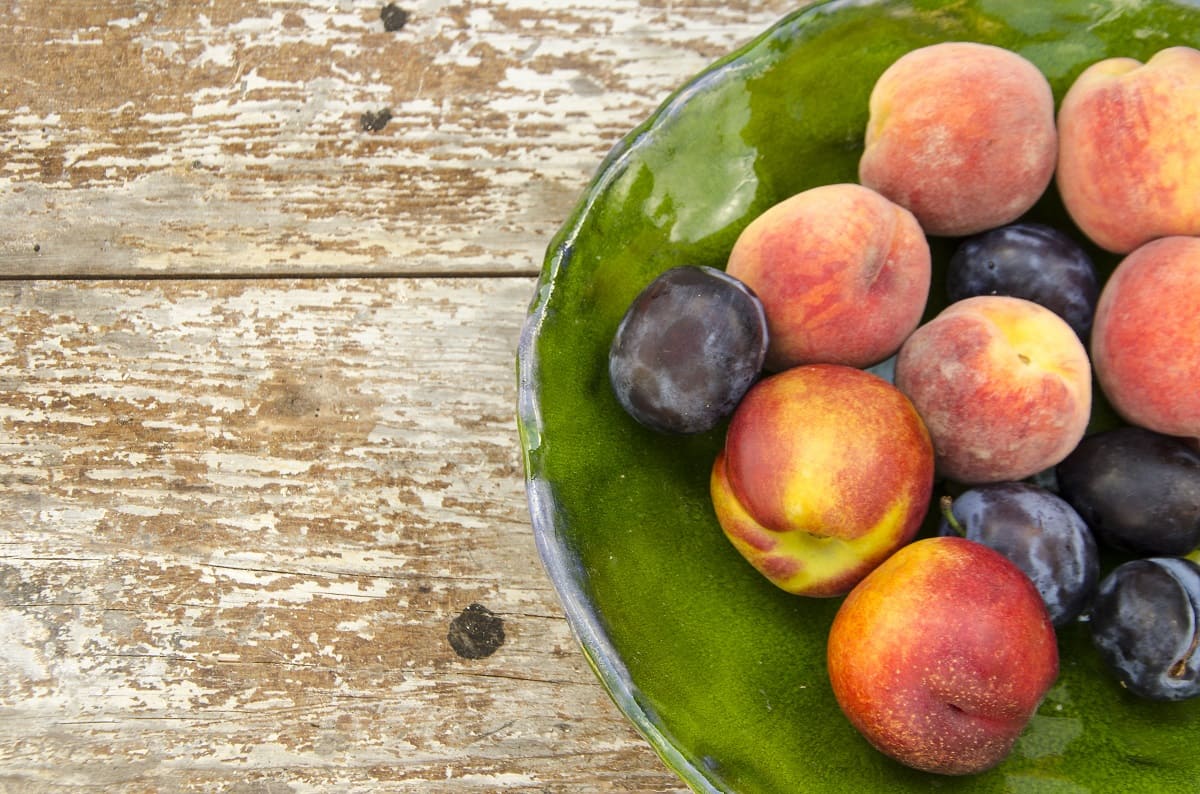

Articles
How To Store Plums And Peaches
Modified: December 7, 2023
Learn how to store plums and peaches in this helpful article. Find tips and tricks for keeping these fruits fresh and delicious for longer.
(Many of the links in this article redirect to a specific reviewed product. Your purchase of these products through affiliate links helps to generate commission for Storables.com, at no extra cost. Learn more)
Introduction
Plums and peaches are delicious and juicy fruits that are enjoyed by many people around the world. They are not only tasty but also packed with essential nutrients and vitamins. Whether you have a bountiful harvest or simply want to take advantage of the seasonal availability of plums and peaches, knowing how to store them properly is crucial to maintain their freshness and quality for as long as possible.
Proper storage of plums and peaches not only helps preserve their flavor but also helps prevent them from spoiling too quickly. When stored correctly, plums and peaches can last for several days or even weeks, allowing you to enjoy their sweet taste even after the harvest season has ended.
In this article, we will provide you with some general guidelines and tips for storing plums and peaches to ensure that you can enjoy these delicious fruits at their best. We will also discuss the best storage options for plums and peaches, including storing them in the refrigerator, at room temperature, and in the freezer. So, let’s dive in and discover the secrets to properly storing plums and peaches!
Key Takeaways:
- Proper storage of plums and peaches is crucial to maintain their flavor, texture, and nutritional value, extending their shelf life and reducing unnecessary wastage.
- Whether refrigerated, at room temperature, or frozen, handling plums and peaches with care and using proper storage containers can help preserve their freshness and delicious taste.
Read more: How To Store Plums
Why Proper Storage is Important
Proper storage of plums and peaches is essential to maintain their flavor, texture, and nutritional value. Here are a few reasons why proper storage is important:
- Prolongs shelf life: Plums and peaches are perishable fruits that can spoil quickly if not stored properly. By storing them correctly, you can extend their shelf life and enjoy them for a longer period of time.
- Preserves flavor and texture: Exposure to unfavorable storage conditions can lead to flavor loss and a deterioration of the fruits’ texture. Proper storage helps retain the natural sweetness, juiciness, and firmness of plums and peaches.
- Minimizes wastage: When plums and peaches are not stored properly, they can spoil or become overripe, resulting in wastage. By storing them correctly, you can reduce unnecessary wastage and make the most of your harvest or purchase.
- Retains nutritional value: Plums and peaches are packed with important nutrients such as vitamin C, fiber, and antioxidants. Proper storage helps preserve these nutrients, ensuring that you can enjoy the full nutritional benefits of these fruits.
By following the proper storage methods, you can maximize the quality and freshness of your plums and peaches, allowing you to savor their delicious taste and reap their health benefits for longer periods of time.
General Guidelines for Storing Plums and Peaches
Before diving into the specific storage methods, it’s important to understand some general guidelines for storing plums and peaches:
- Select ripe but firm fruits: When choosing plums and peaches for storage, select fruits that are ripe but still firm. Overly ripe or bruised fruits may not store well and can spoil quickly.
- Handle with care: Plums and peaches have delicate skin, so handle them with care to avoid bruising or damaging the fruit. Excessive pressure can cause the fruits to spoil faster.
- Inspect for any damages: Before storing the fruits, inspect them for any signs of damage or decay. Remove any spoiled or rotting fruits to prevent them from affecting the other fruits.
- Avoid washing before storage: It’s best to avoid washing plums and peaches before storing them. Moisture can promote mold and quicken spoilage. Instead, wash them just before consuming.
- Keep them separate from other fruits: Plums and peaches produce ethylene gas, which can speed up the ripening process of other fruits. To prevent this, store them separately or in a well-ventilated area.
By following these general guidelines, you can ensure that the plums and peaches you store are in the best possible condition and have an extended shelf life.
Storing Plums
Plums are delicate fruits that require proper storage to maintain their freshness and flavor. Follow these steps to store plums properly:
- Sort and remove damaged fruits: Before storing plums, sort through them and remove any damaged or overripe fruits. Damaged fruits can release ethylene gas, which accelerates the ripening process and can affect the quality of other plums.
- Separate ripe and unripe plums: If you have a mix of ripe and unripe plums, separate them when storing. Ripe plums should be consumed or used first, as they have a shorter shelf life.
- Choose the right storage option: Plums can be stored in the refrigerator, at room temperature, or in the freezer. The option you choose depends on your desired timeframe for consumption.
Generally, if you plan to consume the plums within a few days, storing them at room temperature is suitable. However, if you want to extend their shelf life, refrigeration or freezing is recommended.
When storing plums in the refrigerator, place them in a loosely sealed plastic bag or container. This helps retain their moisture and prevent them from drying out. Avoid storing them near foods with strong odors, as plums can absorb these odors.
If you decide to freeze plums, it’s best to pit and slice them before freezing. Lay the plum slices in a single layer on a baking sheet and freeze until firm. Then transfer the frozen plum slices to a freezer-safe bag or container. Frozen plums can be used in smoothies, desserts, or thawed for snacking.
Remember to label the storage container or bag with the date to keep track of their freshness.
By following these steps, you can ensure that your plums stay fresh and delicious for an extended period of time.
Preparing Plums for Storage
Properly preparing plums before storage can help maintain their quality and extend their shelf life. Follow these steps to prepare plums for storage:
- Gently clean the plums: Before storing, gently wipe the plums with a clean, damp cloth to remove any dirt or debris. Avoid excessively washing them as moisture can promote spoilage.
- Inspect for bruised or damaged areas: Check each plum for any bruised or damaged areas. Remove any fruits with visible damage, as they can accelerate the ripening process and affect nearby plums.
- Allow the plums to dry: After cleaning, allow the plums to air dry completely before storing. Excess moisture can lead to mold growth and spoilage.
- Remove pits or pit later: Depending on your preference and intended use, you can either remove the pits from the plums before storage or pit them just before consumption. Removing the pits before storage can save time when you’re ready to use the plums.
Once you have prepared the plums, you can proceed to store them using the methods discussed earlier, such as refrigeration, room temperature storage, or freezing. Remember to consider the ripeness of the plums and select the appropriate storage option accordingly.
By properly preparing plums for storage, you can ensure that they stay fresh and delicious, ready to be enjoyed whenever you desire.
Read more: How To Store Peaches
Storing Peaches
Enjoying the sweet and juicy taste of fresh peaches is a delight, and proper storage is key to preserving their flavor and texture. Here’s how you can store peaches:
- Sort and remove damaged peaches: Before storing peaches, carefully sort through them and remove any peaches that are overripe, bruised, or damaged. Damaged fruits can spoil quickly and affect the quality of other peaches.
- Separate ripe and unripe peaches: If you have a mix of ripe and unripe peaches, store them separately. Ripe peaches should be consumed or used first, as they have a shorter shelf life.
- Choose the right storage option: Peaches can be stored in the refrigerator, at room temperature, or in the freezer, depending on when you plan to consume them.
If you plan to eat the peaches within a few days, it’s best to store them at room temperature. Place them in a fruit basket or on the counter, away from direct sunlight and heat sources.
If you want to keep peaches fresh for a longer period, refrigeration is recommended. Place ripe peaches in a plastic bag or container, and store them in the refrigerator’s crisper drawer. However, avoid storing them near foods with strong odors, as peaches can absorb them.
When it comes to freezing peaches, there are a few steps involved. Start by blanching the peaches in boiling water for about 30 seconds, then transfer them to an ice bath. Gently peel off the skin, slice the peaches, and remove the pit. Place the slices in a freezer-safe bag or container, removing any excess air. Properly labeled, frozen peaches can be stored for several months.
Remember to thaw frozen peaches in the refrigerator or at room temperature before using them. They work well in smoothies, baked goods, or as a topping for yogurt and ice cream.
By following these storage methods, you can enjoy the delicious taste of peaches for an extended period, whether they’re fresh, refrigerated, or frozen.
Preparing Peaches for Storage
Properly preparing peaches before storage is crucial to maintain their flavor and quality. Follow these steps to prepare peaches for storage:
- Gently clean the peaches: Before storing, gently rinse the peaches under cool running water to remove any dirt or debris. Use your hands to give them a gentle rub to ensure they are clean. Avoid using harsh chemicals or soaps as they can affect the taste and texture of the peaches.
- Inspect for any blemishes: Examine each peach for any blemishes, bruises, or soft spots. Remove any peaches that seem overly ripe or damaged, as they can spoil quickly and affect neighboring fruits.
- Allow the peaches to dry: After cleaning, place the peaches on a clean kitchen towel or paper towel and let them air dry completely. This step helps remove excess moisture and prevents mold growth during storage.
- Choose the ripeness level: Consider the ripeness of the peaches when deciding on the storage method. Use ripe peaches within a few days or store them in the refrigerator to extend their shelf life. Unripe peaches can be kept at room temperature until they ripen.
Once you have prepared the peaches, store them using the appropriate method discussed earlier, whether it’s room temperature storage, refrigeration, or freezing.
Remember, peaches are fragile, so handle them with care to avoid bruising or damaging the fruit. By properly preparing peaches for storage, you can enjoy their sweet and juicy goodness for an extended period.
Store plums and peaches in the refrigerator to keep them fresh for longer. Place them in a single layer to prevent bruising and store away from other fruits that produce ethylene gas, which can cause them to ripen too quickly.
Best Storage Options for Plums and Peaches
When it comes to storing plums and peaches, there are several storage options to choose from. Here are the best methods for each:
- Refrigeration: Refrigeration is an ideal storage option for both plums and peaches. The cooler temperatures slow down the ripening process and help maintain their freshness. Place the fruits in a plastic bag or container, and store them in the refrigerator’s crisper drawer to retain their moisture. However, keep in mind that refrigeration can slightly alter the texture of the fruits.
- Room temperature: If you plan to consume the plums and peaches within a few days, storing them at room temperature is suitable. Place them in a fruit basket or on the counter, away from direct sunlight and heat sources.
- Freezing: Freezing is an excellent option for preserving the fruits for an extended period. When freezing plums and peaches, it’s best to pit and slice them first. Lay the slices in a single layer on a baking sheet and freeze until firm. Then transfer the frozen slices to a freezer-safe bag or container. Frozen plums and peaches can be used in various recipes or thawed for snacking.
It’s important to note that while frozen plums and peaches may not retain the same texture as fresh ones, they are still enjoyable and can be used in various culinary applications.
When choosing a storage method, consider factors such as the desired timeframe for consumption and the ripeness of the fruits. Remember to label the storage containers or bags with the date to keep track of their freshness.
Experimenting with different storage methods can help you find the option that best suits your preferences and allows you to enjoy the plums and peaches at their best.
Storing Plums and Peaches in the Refrigerator
The refrigerator is a great option for storing both plums and peaches, as it helps maintain their freshness and extends their shelf life. Here’s how you can store plums and peaches in the refrigerator:
- Clean and dry the fruits: Before storing, make sure the plums and peaches are clean. Gently rinse them under cool running water and pat them dry with a clean towel.
- Separate ripe and unripe fruits: If you have a mix of ripe and unripe plums or peaches, separate them when storing. Ripe fruits should be consumed or used first, as they have a shorter shelf life.
- Use a plastic bag or container: Place the plums or peaches in a loosely sealed plastic bag or container. This helps retain their moisture and prevents them from drying out.
- Store in the crisper drawer: Put the bagged or containerized plums or peaches in the crisper drawer of the refrigerator. The crisper drawer provides a slightly more humid environment, which helps maintain the fruits’ freshness. Avoid storing them near foods with strong odors, as they can absorb those odors.
When stored properly in the refrigerator, plums and peaches can last for several days, allowing you to enjoy their delicious taste and texture.
Keep in mind that refrigeration can slightly alter the texture of plums and peaches. They may become slightly softer, but their flavor will still be intact. Take the fruits out of the refrigerator a few minutes before eating to allow them to come to room temperature for the best flavor experience.
By utilizing the refrigerator for storage, you can prolong the shelf life and enjoy the freshness of plums and peaches even after they have been harvested.
Read more: How To Store Unripe Peaches
Storing Plums and Peaches at Room Temperature
If you plan to consume plums and peaches within a few days, storing them at room temperature is a suitable option. Here’s how you can store plums and peaches at room temperature:
- Select a cool and dry location: Find a cool spot in your home that is away from direct sunlight and heat sources. Plums and peaches should be kept in a well-ventilated area to avoid moisture buildup, which can accelerate spoilage.
- Arrange the fruits in a single layer: Place the plums and peaches in a fruit basket or on a clean countertop in a single layer. Avoid overcrowding the fruits, as it can lead to bruising and spoilage.
- Inspect regularly: Check the plums and peaches daily for any signs of mold, overripeness, or spoilage. Remove any damaged or overly ripe fruits to prevent them from affecting the others.
Storing plums and peaches at room temperature allows them to fully ripen and develop their flavor. The warmer temperature can enhance the natural sweetness of the fruits.
However, keep in mind that room temperature storage means a shorter shelf life compared to refrigeration. It’s best to consume the fruits within a few days to prevent them from becoming overripe or spoiling.
If you notice that the plums or peaches are ripening too quickly, you can transfer them to the refrigerator to slow down the process. Just make sure to let them come to room temperature before consuming to fully enjoy their flavor.
Storing plums and peaches at room temperature is a convenient option that allows you to easily access and enjoy the fruits while they are at their peak ripeness.
Storing Plums and Peaches in the Freezer
If you have a surplus of plums and peaches or want to preserve them for longer-term storage, freezing is an excellent option. Follow these steps to store plums and peaches in the freezer:
- Wash and dry the fruits: Start by washing the plums and peaches under cool running water. Gently pat them dry with a clean towel.
- Pit and slice the fruits: Remove the pits from the plums, and slice both the plums and peaches into desired sizes. You can choose to leave the skins on or remove them based on your preferences.
- Blanch the slices (optional): To help preserve the fruits’ color, texture, and quality, you can blanch the slices before freezing. Blanching involves briefly immersing the fruit slices in boiling water for about 30 seconds and then transferring them to an ice bath to halt the cooking process.
- Place in a freezer-safe container: Lay the blanched or fresh slices in a single layer on a baking sheet lined with parchment paper. Ensure that the slices are not touching each other. Place the baking sheet in the freezer for a few hours until the fruit slices are firm.
- Transfer to freezer bags or containers: Once the fruit slices are firm, transfer them to freezer-safe bags or containers. Remove any excess air from the bags or containers before sealing them tightly. Label the containers with the name and date for easy reference.
Frozen plums and peaches can be stored in the freezer for up to several months. They are perfect for using in smoothies, baked goods, jams, or fruit compotes.
When you’re ready to use the frozen plums or peaches, thaw them in the refrigerator or at room temperature. You can use them in their semi-frozen state if desired, or let them thaw completely before consuming.
Freezing plums and peaches is a convenient way to preserve the fruits when they are at their peak ripeness, allowing you to enjoy their flavors even when they are out of season.
Tips for Extending the Shelf Life of Plums and Peaches
To maximize the shelf life of plums and peaches and keep them fresh for as long as possible, consider these helpful tips:
- Handle with care: Plums and peaches have delicate skins, so handle them gently to avoid bruising or damaging the fruits. Excessive pressure can cause them to spoil faster.
- Store ripe and unripe fruits separately: Keep ripe and unripe plums and peaches separated to prevent the ethylene gas emitted by ripe fruits from accelerating the ripening process of unripe ones.
- Avoid washing before storage: It is best to avoid washing plums and peaches before storing them. Moisture can promote mold growth and spoilage. Instead, clean them just before consuming.
- Inspect regularly: Regularly check the stored fruits for any signs of spoilage or rot. Remove any damaged or spoiled fruits immediately to prevent them from affecting the other fruits.
- Rotate your stock: When purchasing or storing new batches of plums and peaches, remember to use the older ones first. This way, you can ensure that none of the fruits go to waste.
- Keep them cool: Both plums and peaches are best stored in cool environments. Whether you choose to refrigerate or store them at room temperature, make sure they are kept away from direct sunlight and heat sources.
- Use proper storage containers: Use plastic bags or containers designed for storing fruits to help maintain their moisture levels and prevent them from drying out.
By following these tips, you can extend the shelf life of plums and peaches, enjoying their delicious taste and nutritional benefits for an extended period.
Remember, individual fruits may vary in their ripening rates and susceptibility to spoilage, so it’s essential to monitor them closely and make adjustments accordingly.
With proper storage and care, you can make the most of your plums and peaches, savoring their sweetness and juiciness throughout the harvest season and beyond.
Conclusion
Proper storage is essential for maintaining the freshness, flavor, and nutritional value of plums and peaches. By following the storage guidelines outlined in this article, you can extend the shelf life of these delightful fruits, allowing you to enjoy them even after the harvest season has ended.
Whether you choose to store plums and peaches in the refrigerator, at room temperature, or in the freezer, each method has its advantages and considerations. Refrigeration helps slow down the ripening process, while room temperature storage allows the fruits to fully ripen and develop their flavors. Freezing is an excellent option for long-term storage, preserving the fruits for use in various recipes.
Remember to handle plums and peaches with care, inspect them regularly for any signs of damage or spoilage, and separate the ripe and unripe fruits when storing. Avoid washing them before storage, and make sure to use proper storage containers to keep them fresh and prevent moisture loss.
By applying the tips and techniques discussed in this article, you can prolong the shelf life of plums and peaches, reducing unnecessary wastage and ensuring that you always have a supply of these delicious fruits on hand.
So, whether you’re enjoying plums and peaches fresh, refrigerated, or frozen, savor their sweetness, embrace their juiciness, and relish the nutritional benefits they offer. With proper storage, these delightful fruits can continue to bring joy to your taste buds long after they have left the orchard.
Frequently Asked Questions about How To Store Plums And Peaches
Was this page helpful?
At Storables.com, we guarantee accurate and reliable information. Our content, validated by Expert Board Contributors, is crafted following stringent Editorial Policies. We're committed to providing you with well-researched, expert-backed insights for all your informational needs.
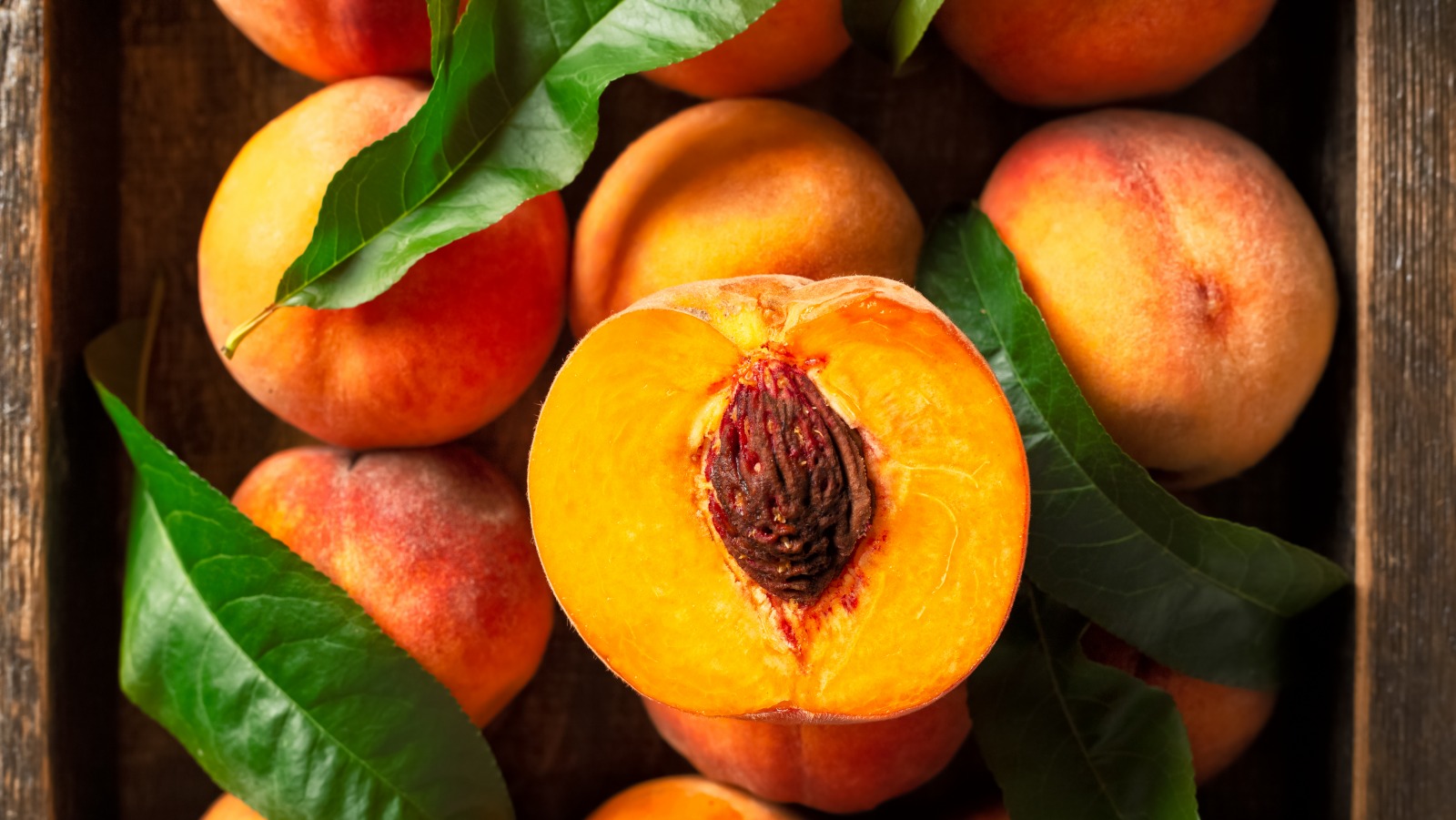
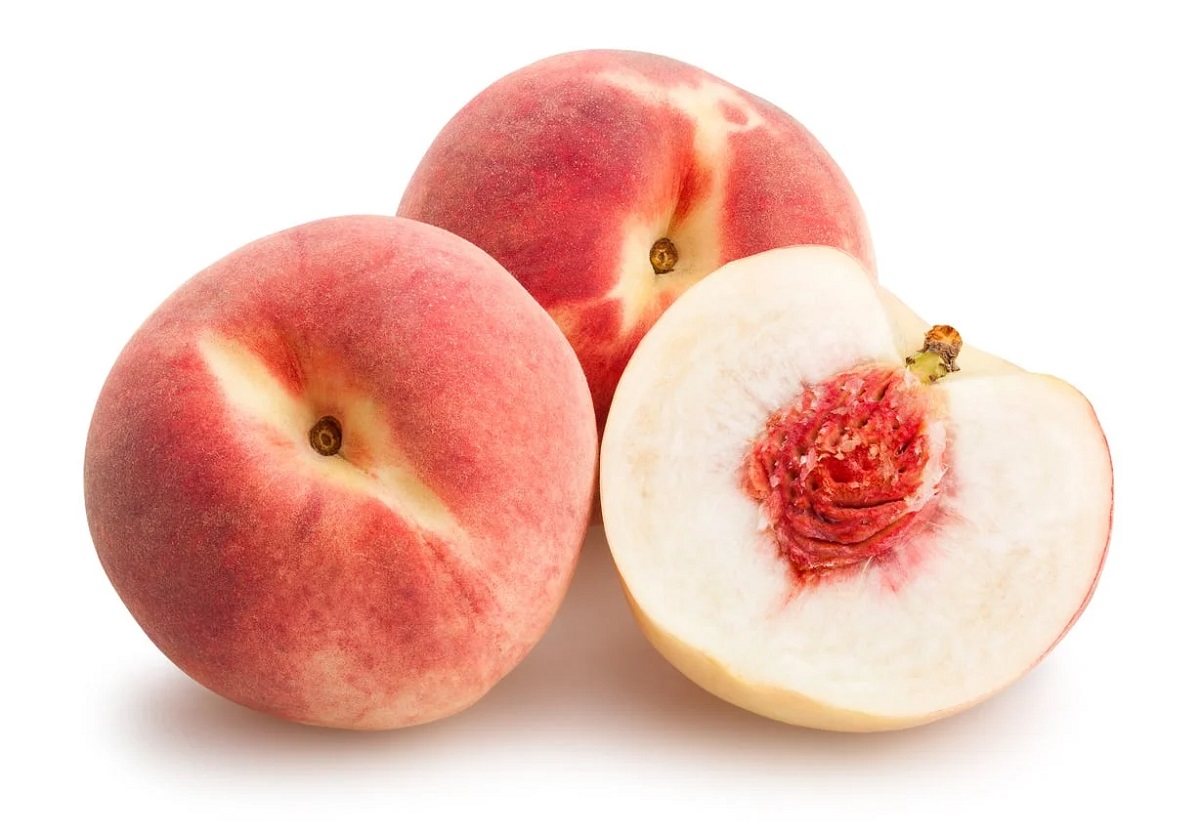
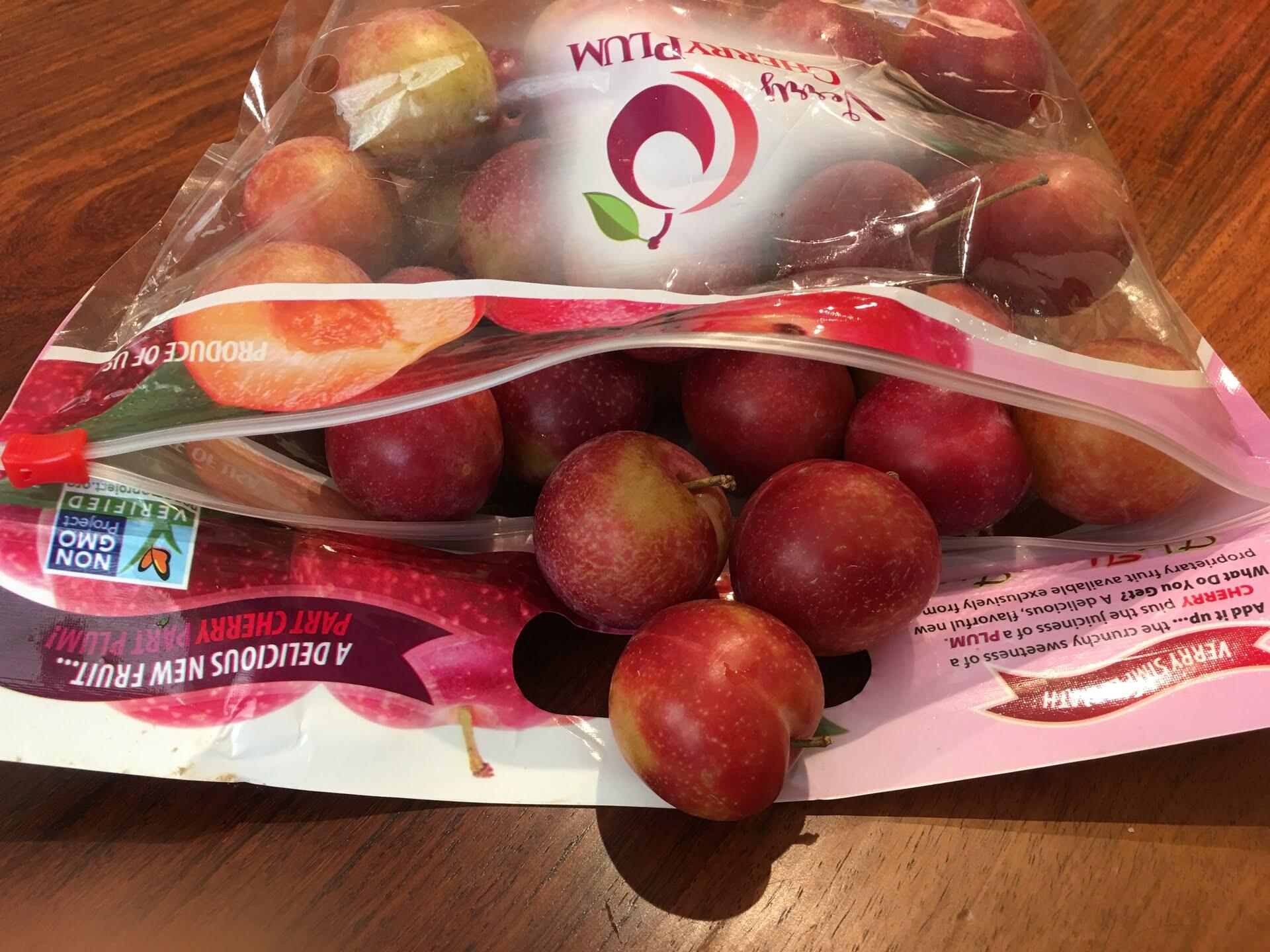
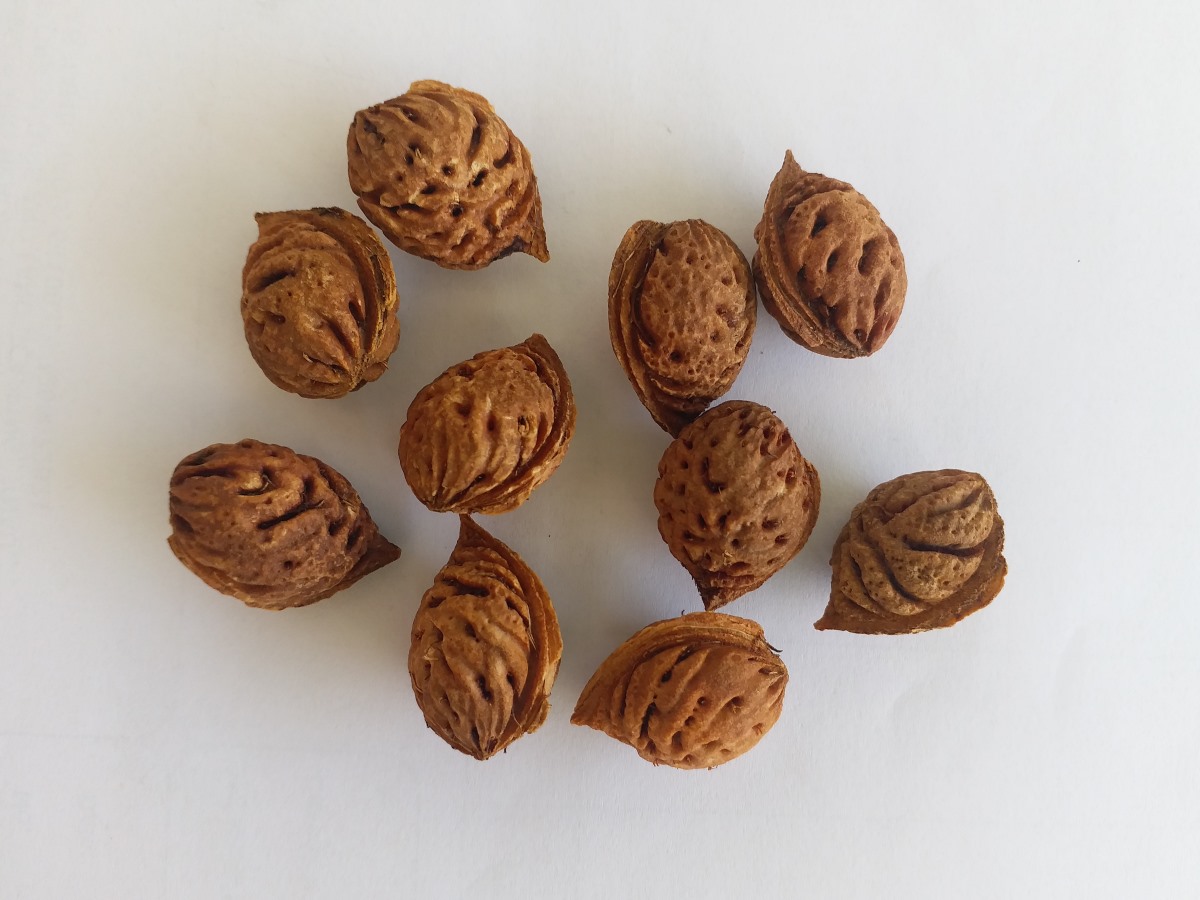
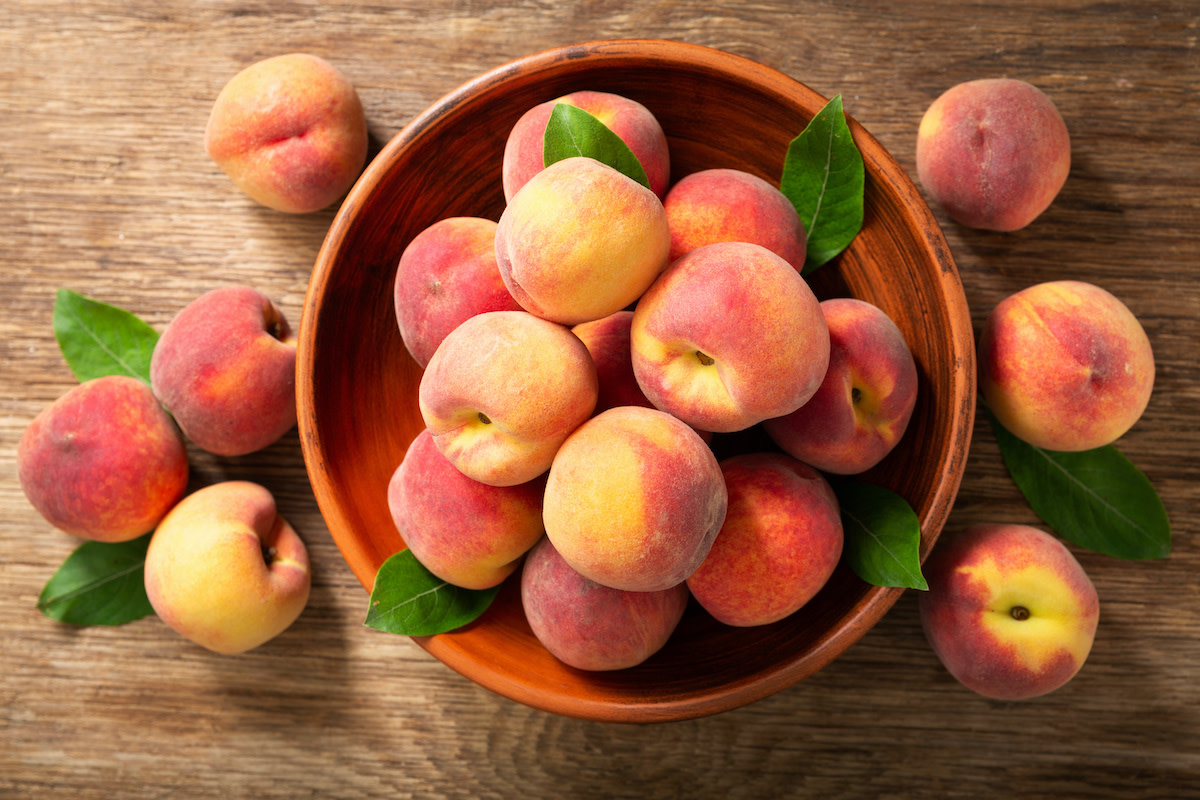
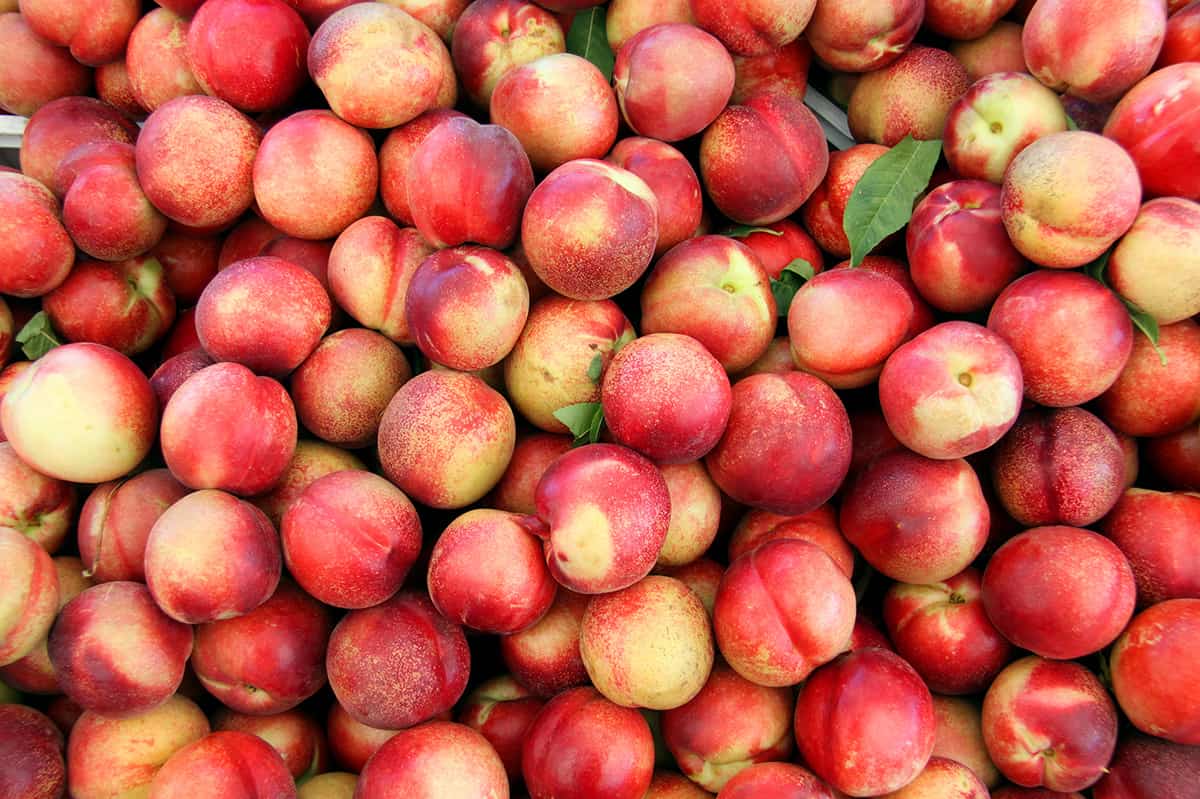
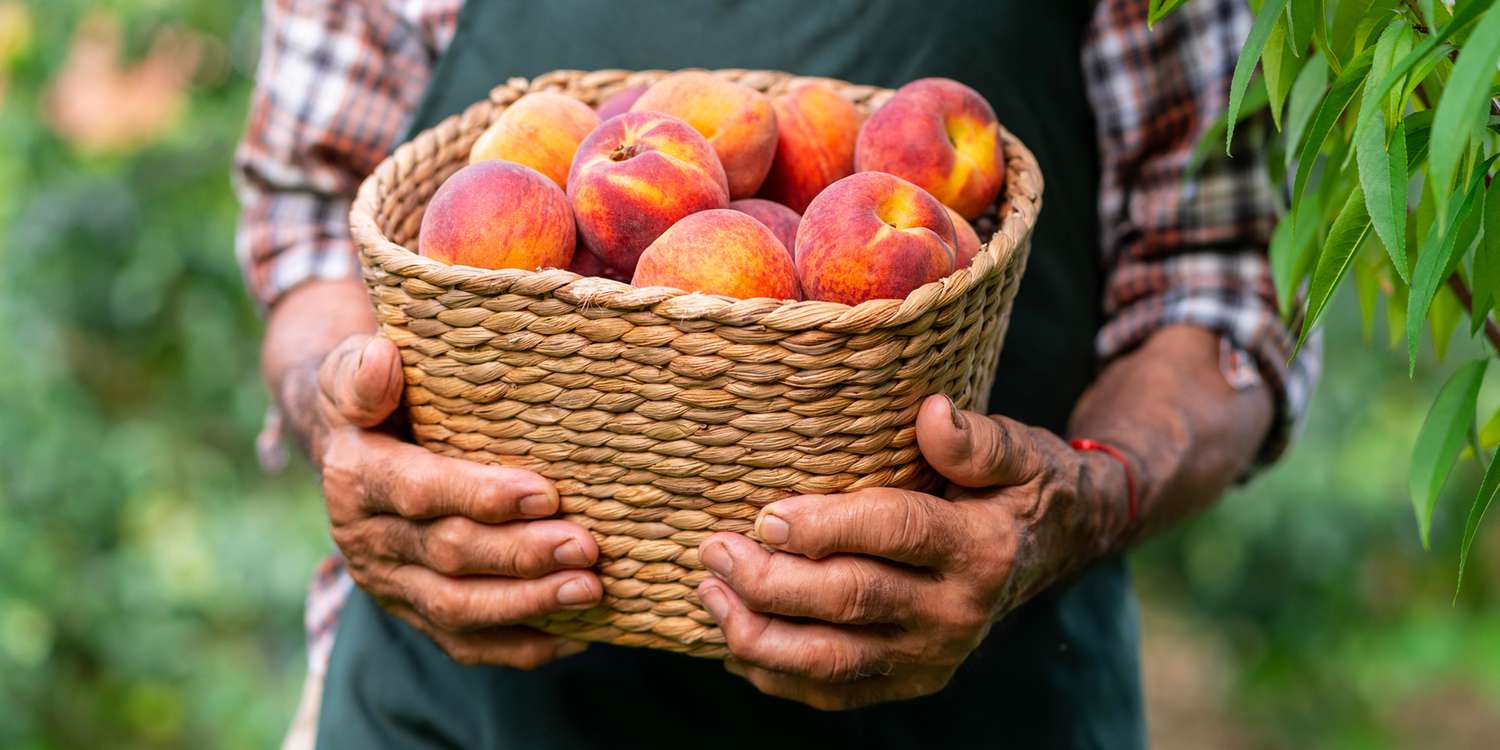
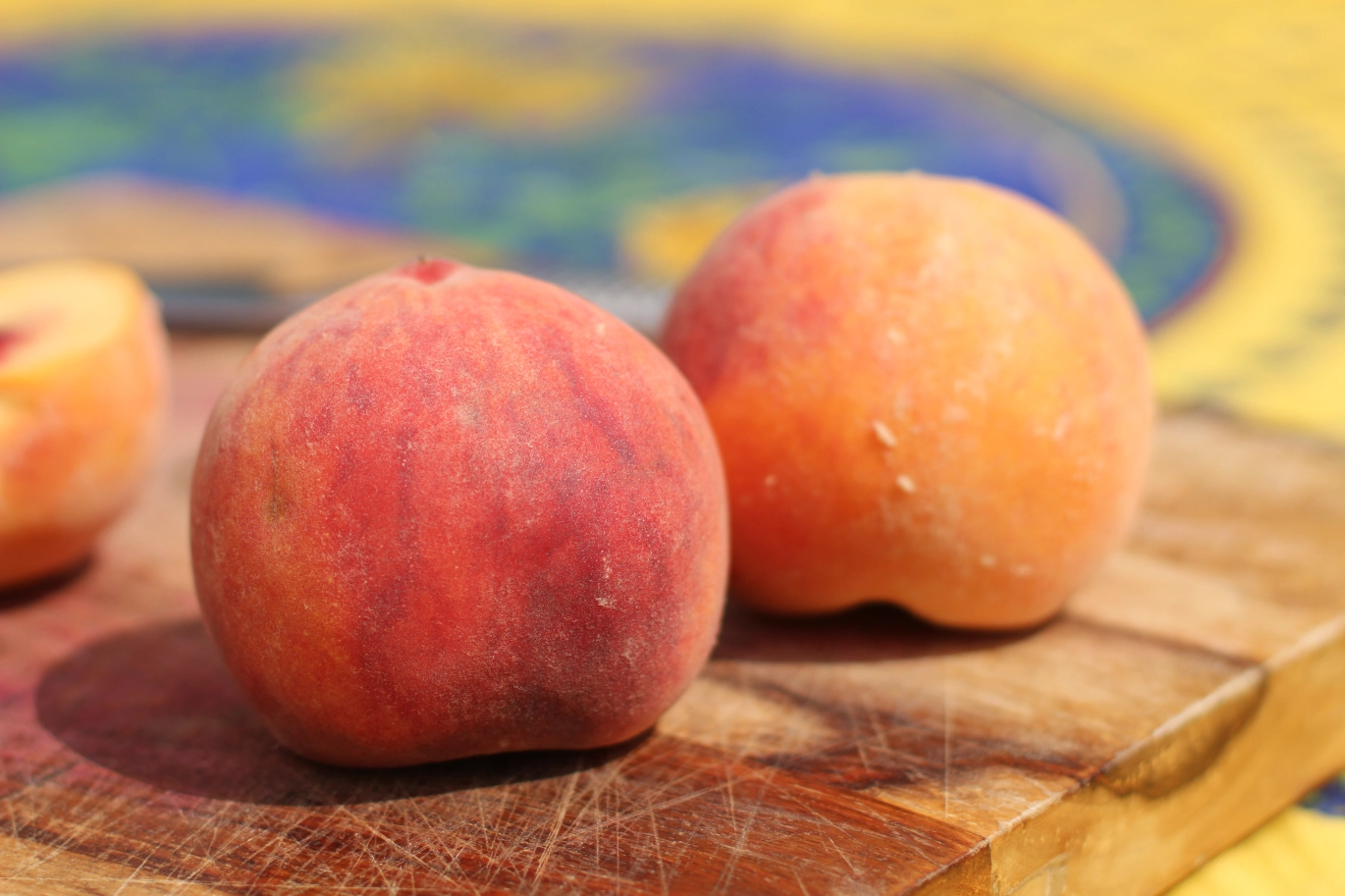
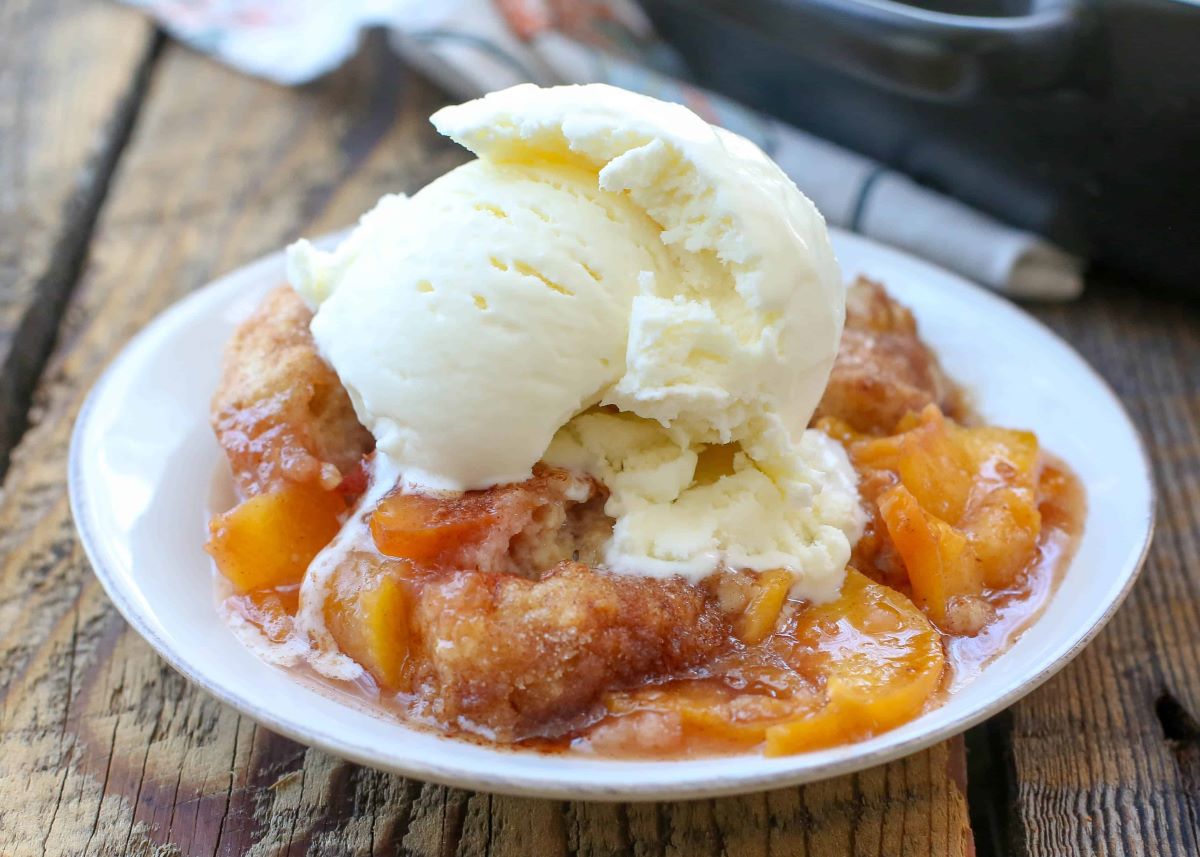
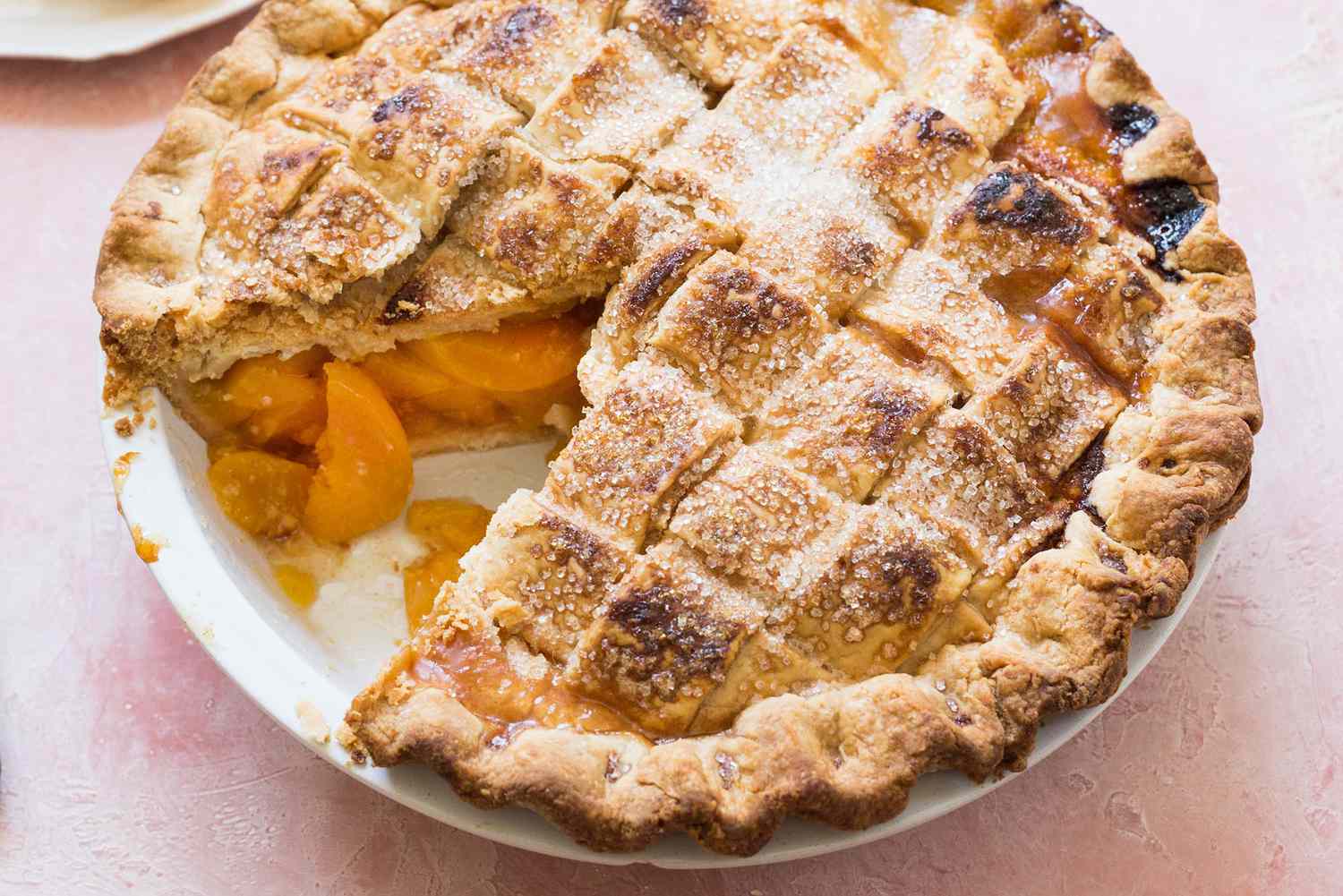
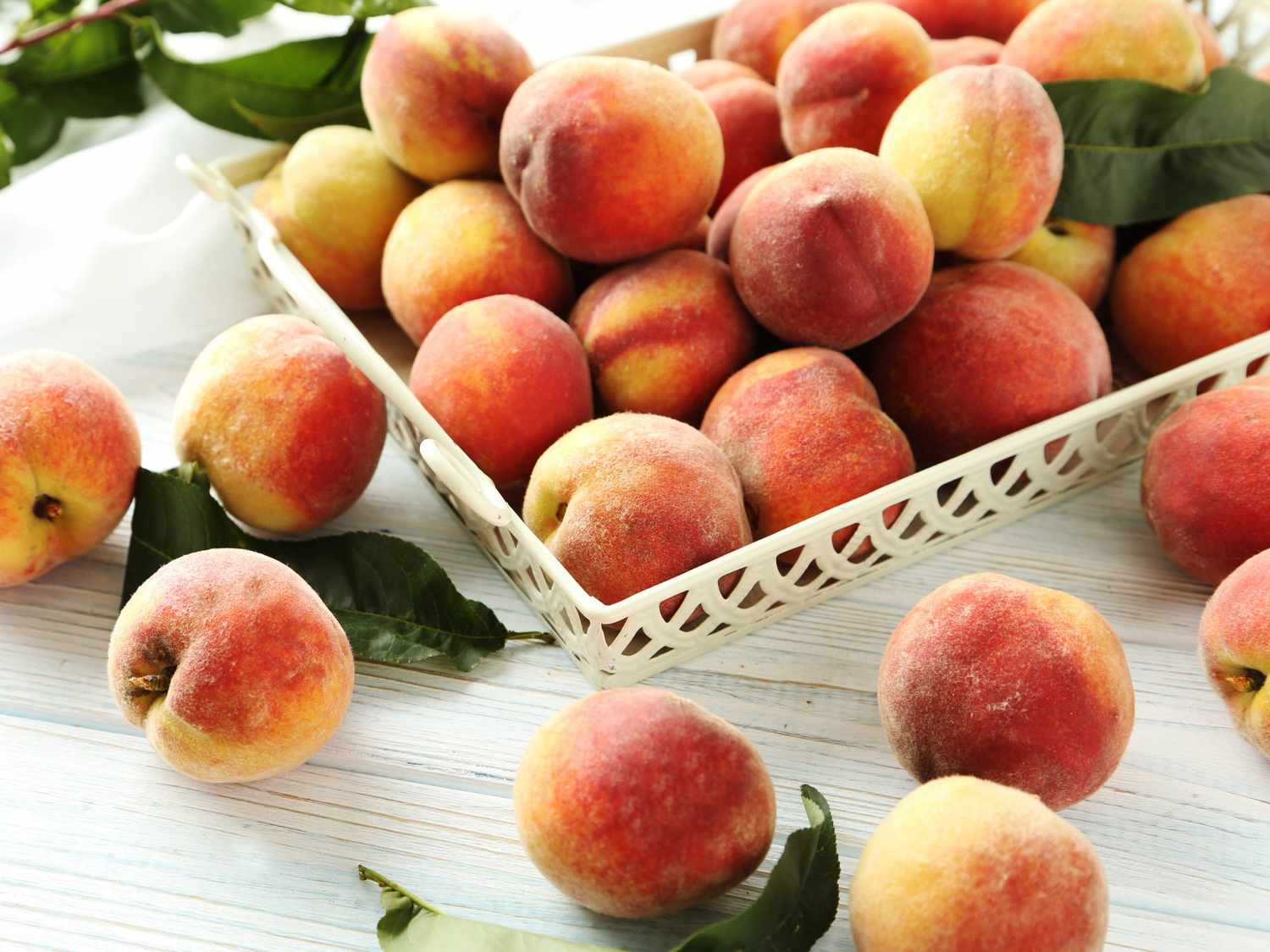
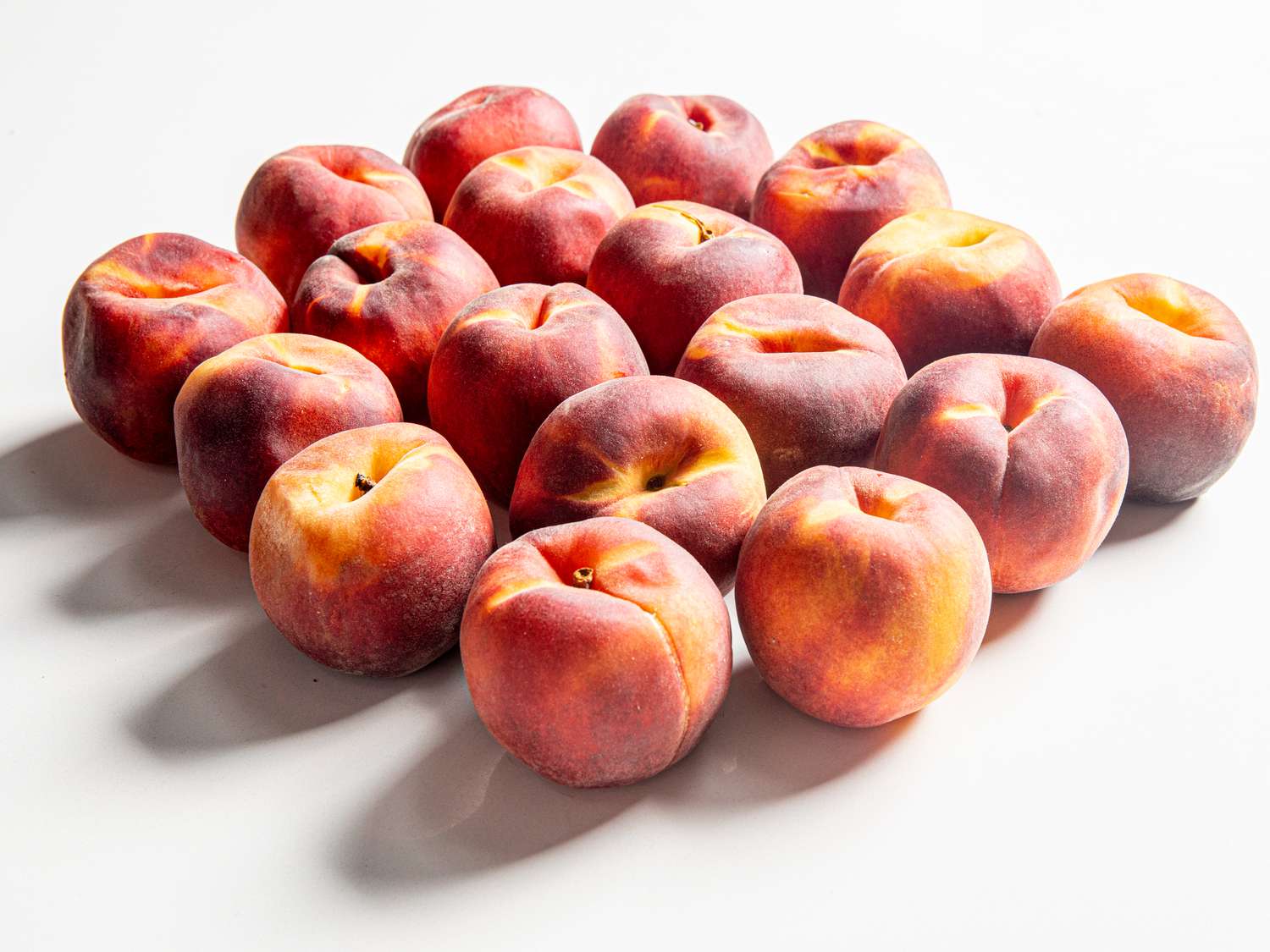
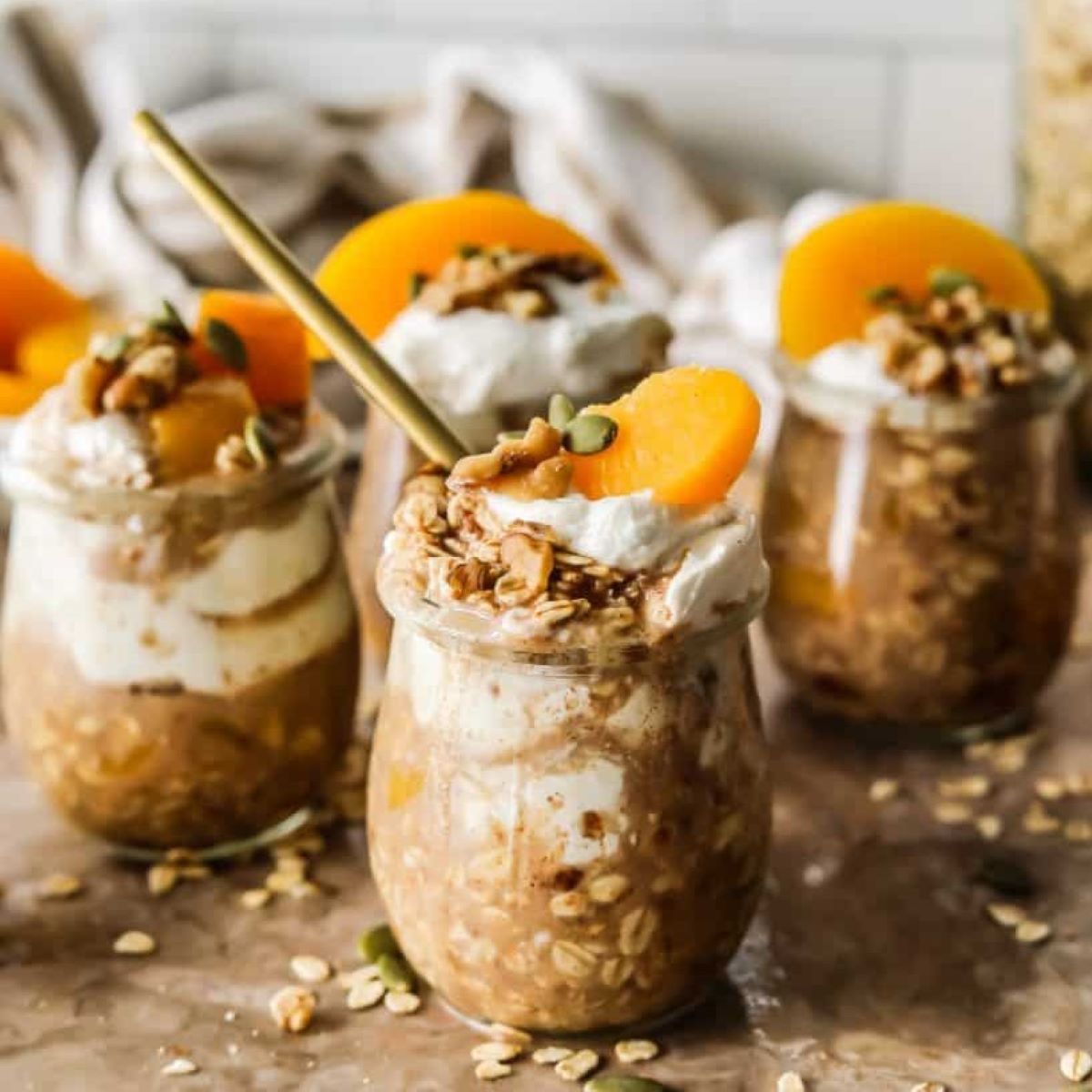

0 thoughts on “How To Store Plums And Peaches”